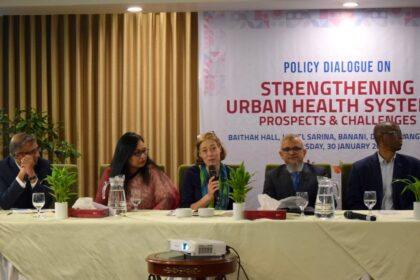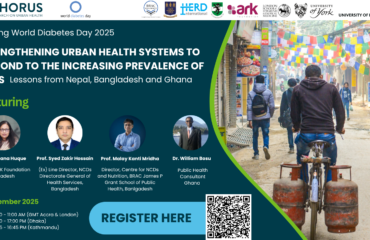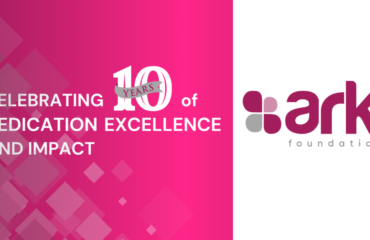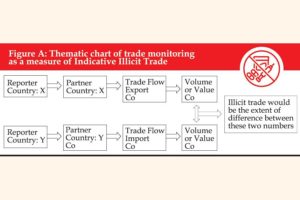
Health policymakers, researchers, and development partners gathered in Dhaka to discuss challenges and prospects for urban health in low- and middle-income countries (LMICs). The policy dialogue, titled Strengthening Urban Health Systems: Prospects & Challenges, was organized by ARK Foundation Bangladesh and BRAC James P. Grant School of Public Health on Thursday (30 January 2025). Experts highlighted the urgent need for evidence-based policy reforms and program interventions to address health inequities in cities.
According to the World Health Organization, a significant portion of the 4.2 billion people living in cities face inadequate housing, poor transport, insufficient sanitation, weak waste management, and poor air quality—posing severe health risks. The urban poor, in particular, have limited access to quality healthcare.
Md Enamul Haque, director general of the Health Economics Unit at the Ministry of Health and Family Welfare (MoHFW), noted that despite existing health financing strategies and urban health policies, weak implementation has hindered primary healthcare in cities. “We require strong coordination among the agencies working in urban areas, including health. Let’s work together to build a healthy society,” he said.
Prof Rumana Huque, executive director of ARK Foundation, emphasized that non-communicable diseases (NCDs) account for most deaths in Bangladesh. She stressed the need to strengthen urban primary healthcare to improve NCD services and reduce out-of-pocket healthcare expenditures.
Experts called for better coordination among government agencies, clearer delineation of roles in urban health management, and the expansion of national protocols on diabetes and hypertension in primary healthcare centers. They also urged improved data linkages between private healthcare providers and the public health system to strengthen service delivery.
“As urban populations grow and diabetes and hypertension become more prevalent, a wide range of private-for-profit, NGO, and informal providers have emerged to meet healthcare demand. Our research highlights the strong need for linkage between public and private providers,” said Prof Helen Elsey, CHORUS co-director.
The event brought together officials from Dhaka South City Corporation and Dhaka North City Corporation, directors from MoHFW, representatives of the Foreign, Commonwealth & Development Office (FCDO), and researchers from Bangladesh, Nepal, Ghana, Nigeria, and the UK.
The dialogue was part of the Community-led Responsive and Effective Urban Health Systems (CHORUS), a research consortium working in Bangladesh, Ghana, Nigeria, and Nepal. CHORUS research indicates that poor urban residents often turn to private and informal providers due to the public sector’s lack of readiness, inadequate resources, and inconvenient service hours.
Originally published in The Business Standard on 01 February, 2025. Read the report here




